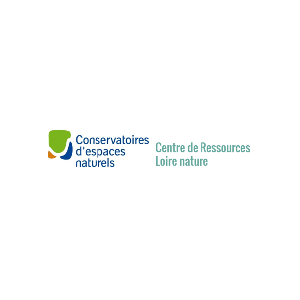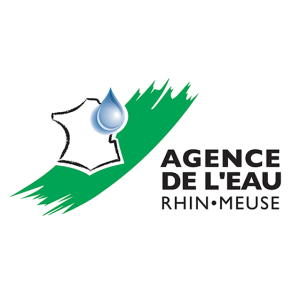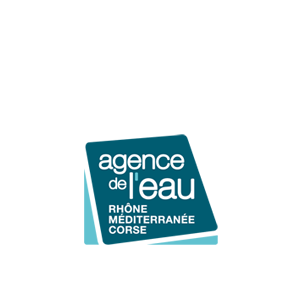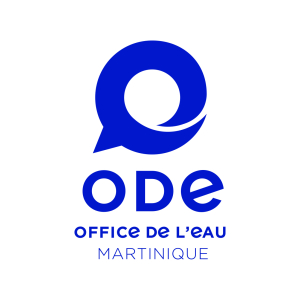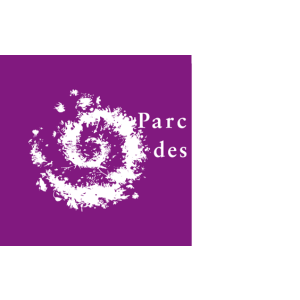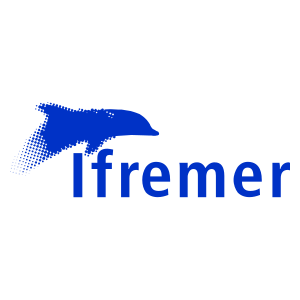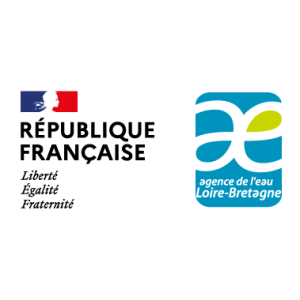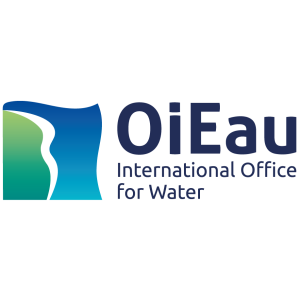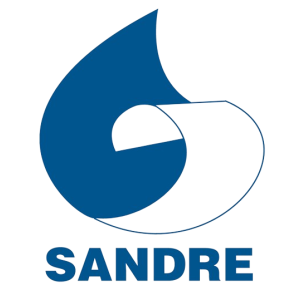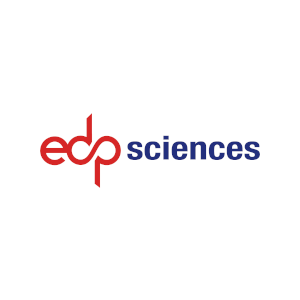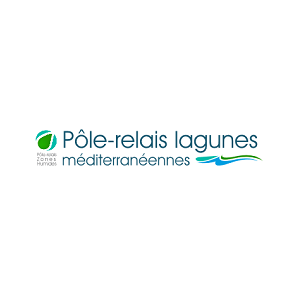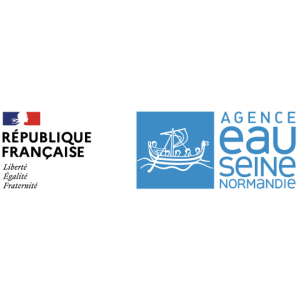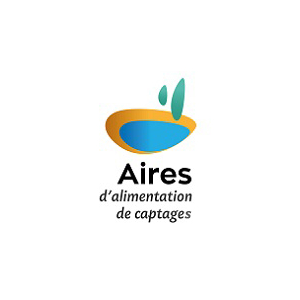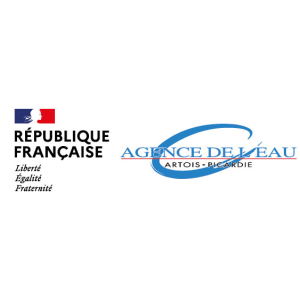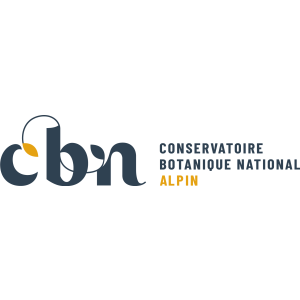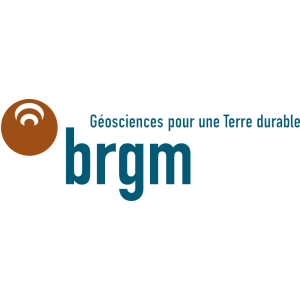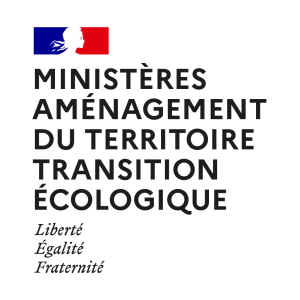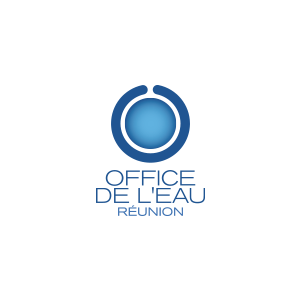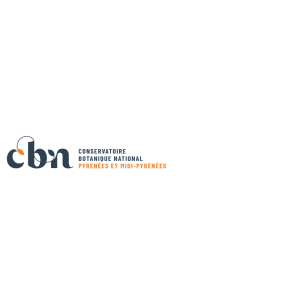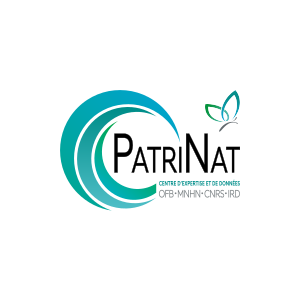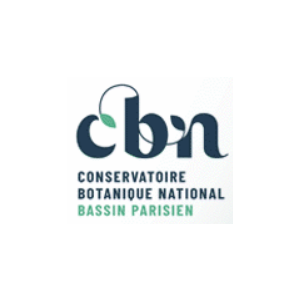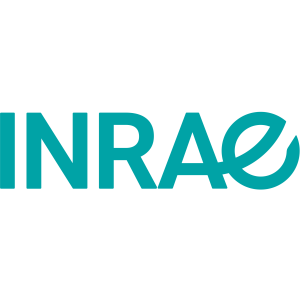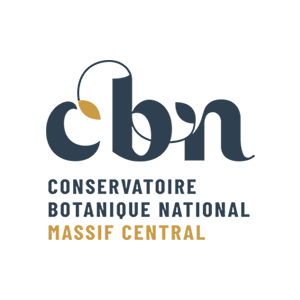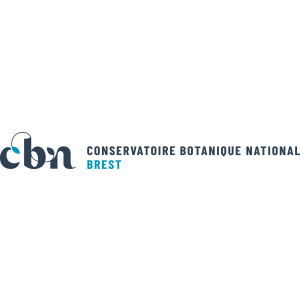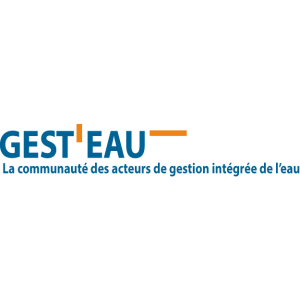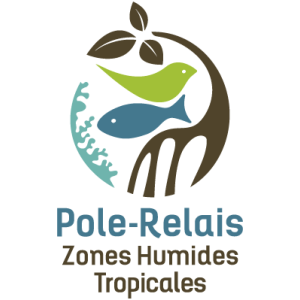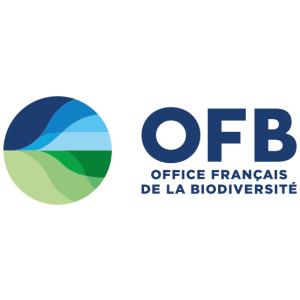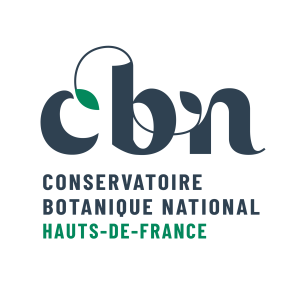
Document généré le 05/02/2026 depuis l'adresse: https://www.documentation.eauetbiodiversite.fr/fr/notice/amelioration-de-la-forme-et-de-la-qualite-de-l-huitre-crassostrea-gigas-thunberg-dans-les-claires-de-marennes-oleron
Amelioration de la forme et de la qualite de l'huitre Crassostrea gigas Thunberg dans les claires de Marennes-Oleron.
Titre alternatif
Producteur
Contributeur(s)
Éditeur(s)
ISTPM
Identifiant documentaire
9-1892
Identifiant OAI
oai:archimer.ifremer.fr:1892
Auteur(s):
Deslous-paoli, Jean-marc,Zanette, Yvan,Heral, Maurice,Masse, Henri,Garnier, Jacqueline
Mots clés
Crassostrea gigas
Tissues
Biochemical composition
Shells
Growth
Oyster culture
Date de publication
01/09/1981
Date de création
Date de modification
Date d'acceptation du document
Date de dépôt légal
Langue
fre
Thème
Type de ressource
Source
Revue des Travaux de l'Institut des Pêches Maritimes (0035-2276) (ISTPM), 1981-09 , Vol. 45 , N. 3 , P. 181-194
Droits de réutilisation
Ifremer
Région
Département
Commune
Description
The breeding of Pacific oysters Crassostra gigas, in non tidal ponds, before commercialization, brings about an improvement of the shell and of the quantity and quality of the tissues. In fact, the Berthome's indice (1978) moves from 1.36 in June to 0.68 December, and the density of the shell increases in the same time from 1.79 to 1.98. On the other hand, the percentage of tissues in the oyster is 12.4% at the end of gametogenesis and more than 9% at the end of breeding. The dry tissues are composed of 10.3 of ash, 40.3% of proteins, 12.6% of lipids and 9% of carbohydrate. 95% of the carbohydrate are glycogen. The resulting energetic values are measured to 5.10 cal-mg super(-1) of dry tissues ash free.
Accès aux documents
0
Consultations
0
Téléchargements
